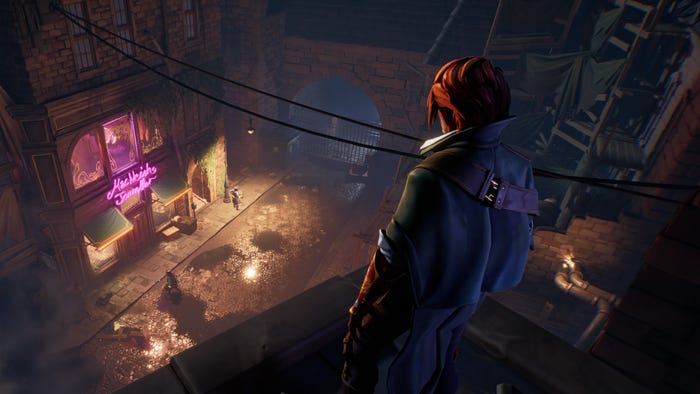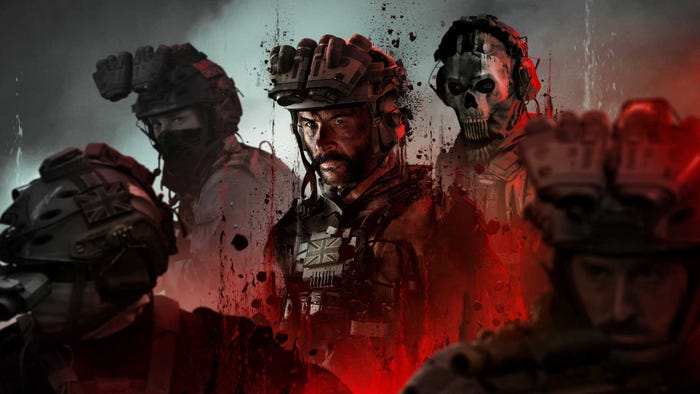"I would describe it as seeing the writing on the wall," cofounder Tim Sweeney tells Polygon in a new feature. "There was an increasing realization that the old model wasn’t working anymore."

"I would describe it as seeing the writing on the wall. There was an increasing realization that the old model wasn’t working anymore and that the new model was looking increasingly like the way to go."
- Epic Games cofounder Tim Sweeney
Epic Games will always be focused on selling Unreal Engine. But the games it makes alongside that engine keep changing -- from Unreal in the '90s through the various Gears of War games and now the free-to-play Paragon, Fortnite and (the rebooted) Unreal Tournament.
The company has moved through four major versions of its underlying engine, and in a new Polygon feature veteran staffers past and present lay out how -- and more notably, why -- the studio has shifted between being a small-scale developer, an engine provider and a big-budget publisher in the 25 years since it got its start as shareware developer Potomac Computer Systems.
"In retrospect, I guess it looked like a plan," Sweeney told Polygon, referring to Epic's protean history. "At each [transition] we recognized our existing business was running into the limits of what the game industry could support."
For example, Sweeney notes that Epic originally put aside work on its Unreal PC games to cut a publishing deal with Microsoft for Gears of War thanks to the double threat of piracy and "serious" budgets, which rendered continued development on big, flashy PC shooters risky.
"That whole era ended as PC piracy impacted the market and made single-player campaign games impossible," he told Polygon. "We estimated at one point that, for every game we sold, four copies were pirated."
The studio found outsized success with its first console exclusive ("the very first Gears of War game cost $12 million to develop, and it made about $100 million in revenue") but as the costs of regularly making bigger, better console games rose to potentially eclipse the profits, Epic turned away from Microsoft to focus on its own projects again.
"It boiled down to a decision: What do we do with our company? Do we enter into a new generation of publisher agreement and continue the way we were?" Sweeney said, noting that Epic had grown frustrated with the restraints of working with Microsoft as a publisher.
Here, as in many other quarters of the game industry, Steam's Early Access service and Riot's remarkable success with the free-to-play League of Legends had some influence.
"We realized that the business really needed to change its approach quite significantly," said Sweeney. "We were seeing some of the best games in the industry being built and operated as live games over time rather than big retail release."
So Epic wound up bringing in Riot owner Tencent as an investor, and revising its Fortnite project to be free-to-play. Later it axed Unreal Engine's subscription model in favor of a free (to download, at least) distribution scheme, rebooted Unreal Tournament as a free-to-play, community-developed game ahead and started work on its own free-to-play MOBA: Paragon.
For more comments from Sweeney and other Epic notables on how the company got to where it is today, as well as details on some of the potholes it hit along the way, check out the full Polygon feature.
About the Author(s)
You May Also Like








